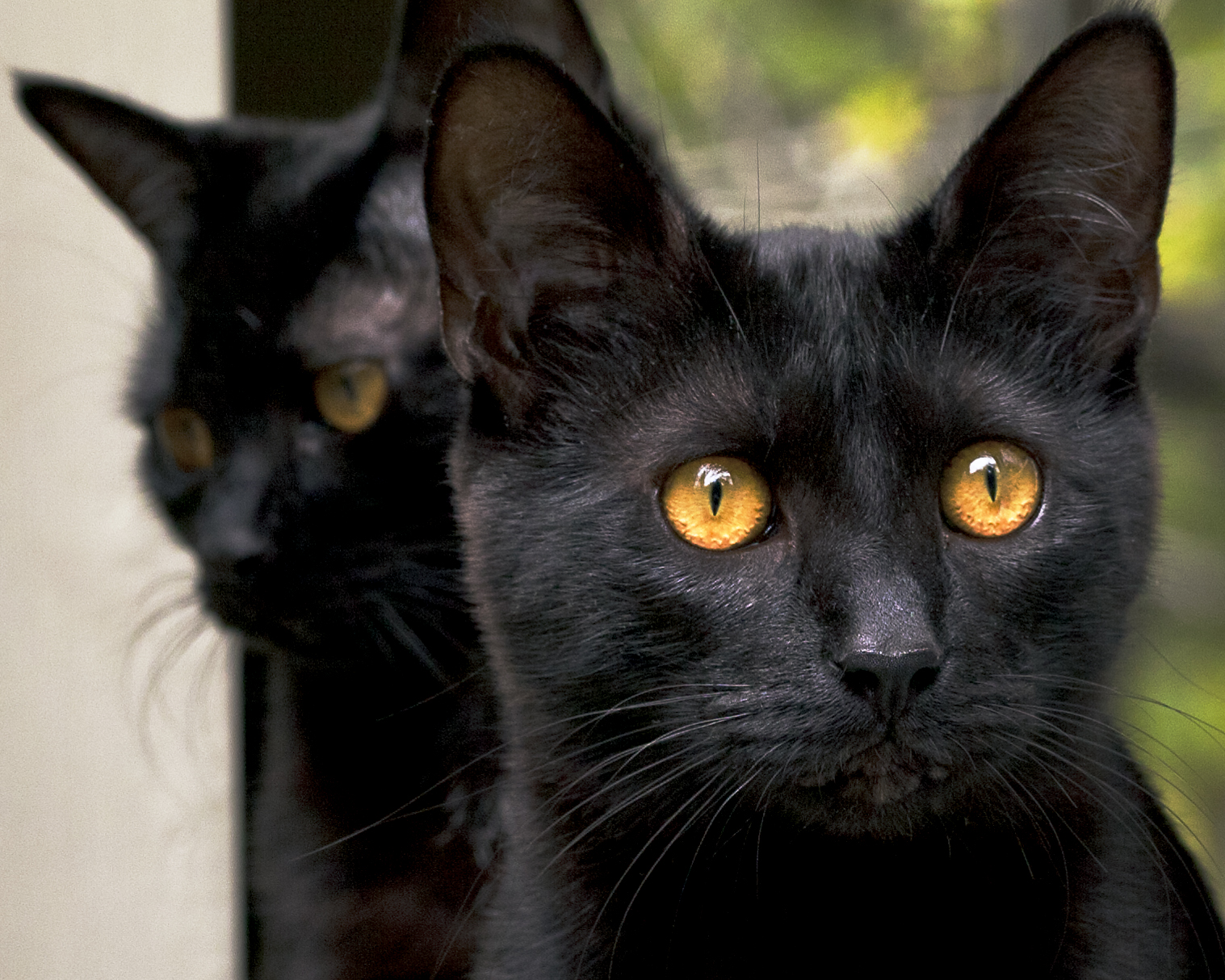
To put the most negative spin on it, Franny and Zooey is a stagey, motionless, self-indulgent series of rants from two solipsistic characters whose high opinion of themselves is topped only by an author who can’t stop himself praising their intelligence and good looks. Zooey is just too long there are too many cigarettes, too many god-damns, too much verbal ado about not quite enough John Updike There are exhausting, unrelenting disquisitions on religion, the Glass family history and Zooey’s own deepest feelings. It looks more like a Plato dialogue than a work of fiction.
.jpg)
There are great pages-long chunks of speech, especially in the Zooey section. It’s even more unusual for those books to contain so much dialogue – and yet so few quotation marks. It’s unusual to have two novellas next to each other. It isn’t just that it is, as Salinger notes in his dedication, a “pretty skimpy-looking book”. This instalment of Salinger’s series about the Glass brothers and sisters is a strange, difficult thing. But it’s equally possible that the book would never have struck home. Possibly, this is because I’m at the wrong stage in life – like The Catcher in the Rye, this struck me as a book that has to catch you at a certain time to really work. Franny and Zooey didn’t get me in the same way.


I found it moving to read these reflections on the book – but also, I have to admit, confounding. I read Franny and Zooey as a teenager, 35 years ago, and it launched an existential crisis that took me a few years to pull myself out of. There was also a more troubling reflection on the book’s influence: (Yes, I was subjected to erudite confessional onslaughts for years.) Zooey in particular amazed me – dapper, hectoring, some amalgam of Zen and street smarts – as he bore a resemblance to my elder brother, not least in his behaviour around me. I was a devotee of Salinger’s writing in the 1960s/70s and loved Franny and Zooey. Another wrote movingly of the book’s power to conjure a lost era:


 0 kommentar(er)
0 kommentar(er)
